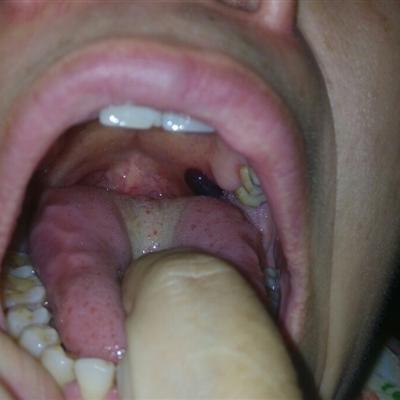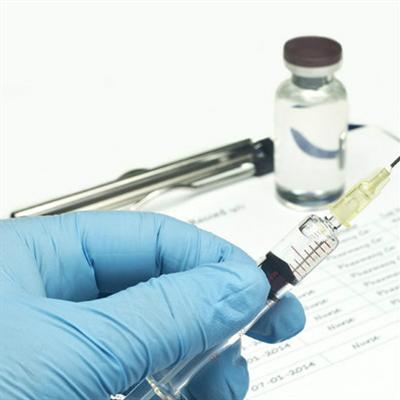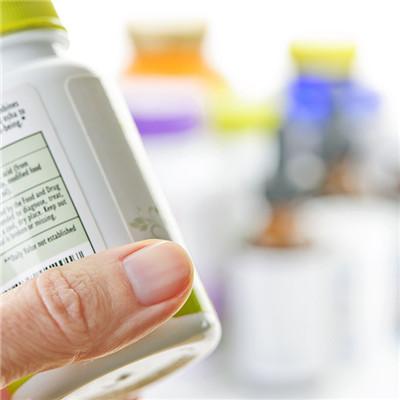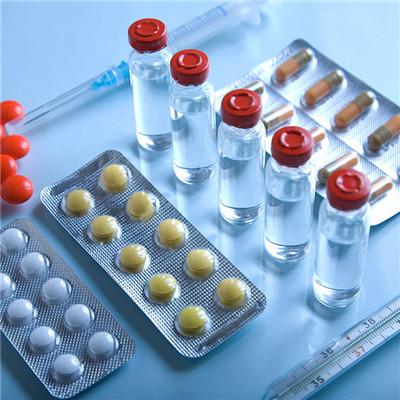Symptoms of hydrogen cyanide poisoning?
summary
Hydrogen cyanide is a colorless, toxic liquid with a boiling point of 26 ℃ (79 ℃) ° F) Slightly higher than room temperature, hydrogen cyanide vapor, or hydrogen cyanide gas, is a highly toxic gas, causing great harm to people. Therefore, we must always pay attention to the concentration of hydrogen cyanide in the air when we produce and use hydrogen cyanide. The main function of the hydrogen cyanide toxic gas alarm is that when the hydrogen cyanide reaches a certain concentration in the air, the hydrogen cyanide toxic gas alarm will give an automatic sound and light alarm to remind the staff to take corresponding measures in time to avoid poisoning accidents. So what are the symptoms of hydrogen cyanide poisoning? Let's talk about it.
Symptoms of hydrogen cyanide poisoning?
Mild poisoning manifested as eye and upper respiratory tract irritation, bitter almond taste, mouth and throat numbness, and then nausea, vomiting, tremor, etc; The chronic effect of hydrocyanic acid on human body is manifested as neurasthenic syndrome, such as dizziness, headache, fatigue, chest pressure, muscle pain, abdominal pain, etc., and may have eye and upper respiratory tract irritation symptoms.
Moderate poisoning is characterized by Sighing like breathing, skin and mucous membrane are often bright red, and other symptoms are aggravated; After long-term skin contact, it can cause skin rash, manifested as macular rash, papules, and extreme itching.
Severe poisoning is characterized by loss of consciousness, ankylosing and paroxysmal convulsions, until the catarrh, decreased blood pressure, urinary and fecal incontinence, often accompanied by brain edema and respiratory failure. It causes hydrocephalus in the brain, nerve compression, loss of consciousness, fatigue, tonic or paroxysmal convulsions, muscle relaxation, disappearance of reflex, and stop breathing and heartbeat at any time.
matters needing attention
After hydrogen cyanide poisoning, it is necessary to leave the site quickly to a fresh air place. Keep respiratory tract unobstructed. If you have difficulty breathing, give oxygen. In case of respiratory and cardiac arrest, artificial respiration (do not use mouth-to-mouth) and chest compression should be performed immediately. Inhale isoamyl nitrite and see a doctor.









